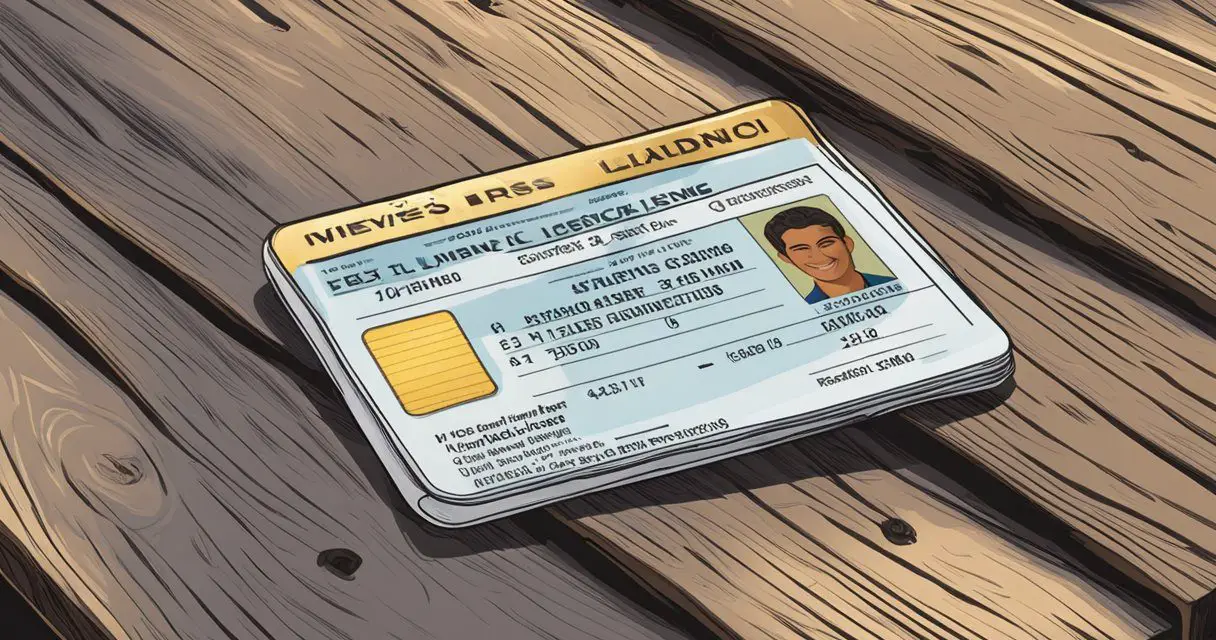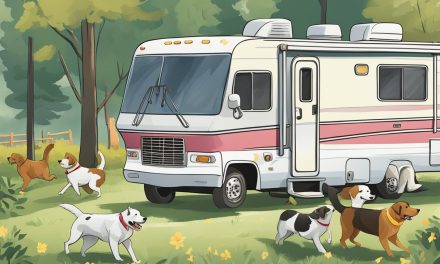Would you like to save this article?
If you’ve ever looked at a massive RV and wondered, “Are they really going to let me drive this thing without a special license?”—you’re not alone. The rules around RV driver’s licenses are surprisingly murky, varying wildly from state to state and often leaving even seasoned RVers scratching their heads.
Some states require special endorsements, others have weight-based restrictions, and a few seem to make up the rules as they go.
To make matters worse, official DMV websites often provide vague or conflicting information, making it a headache to figure out what’s actually required. We found a great video from RV Miles that dives deep into this confusing topic, and below, we’ve broken down the key highlights—but make sure to watch the full video at the end of the article for even more details!
1. Do You Need a Special License to Drive an RV?
The short answer? It depends. As Jason from RV Miles explains, many states allow you to drive an RV with a standard license—up to a certain weight.
For example, Iowa permits standard licenses for RVs under 26,000 lbs GVWR (Gross Vehicle Weight Rating).
But if your rig exceeds that limit, things get complicated. Some states require a non-commercial Class B license, which is like a CDL-lite—same tests, minus the drug screenings and logbooks.
“Laws are regulated by the definitions in the statutes… if the state says a commercial vehicle is any vehicle over 26,000 GVWR, then that’s what it means—regardless of whether you use it for commerce or not.”
If you’ve ever tried reading state statutes, you’ll quickly realize they were written by people who clearly never planned to drive a 40-foot rolling house.
2. States With Weird RV License Rules
Not all states play by the same rulebook.
California requires a non-commercial Class B license for motorhomes over 40 feet long, while Texas demands a non-commercial Class A or B license if your rig (or combined towing weight) exceeds 26,000 lbs.
Meanwhile, New York adds an “R endorsement” for large RVs, because why make things simple?
“Colorado technically limits a standard license to vehicles under 26,001 lbs… but there’s no clear non-commercial license option for larger RVs. So, are you driving illegally? Maybe!”
Colorado’s approach seems to be “Just drive it, and we’ll pretend we didn’t see.”
3. The Confusing Gray Areas
Some states, like Colorado and Arizona, have vague laws where RVs are technically exempt from CDL requirements—but your standard license still says it’s only valid up to 26,000 lbs.
So, what happens if you’re pulled over in a 30,000-lb motorhome? Good question. Even DMV employees often don’t know the answer.
“Please, for the love of God, do not rely on the Google snippet or AI-generated summaries… more than half the time, that information is wrong.”
If you call the DMV for clarification, you’ll likely get put on hold, transferred three times, and then disconnected.
4. How to Stay Legal (or At Least Try)
Here’s the best advice from RV Miles:
- Check your state’s DMV website (but assume it might be outdated).
- Dig into actual state statutes (if you enjoy legal jargon and headaches).
- Ask in RV forums (but take advice with a grain of salt—Facebook lawyers aren’t real lawyers).
- Assume reciprocity applies—if you’re legal in your home state, you’re probably fine elsewhere.
“If your RV is under 26,000 lbs GVWR, a standard license is probably fine… but if you’re over, buckle up for bureaucracy.”
The only thing heavier than your RV is the weight of DMV paperwork.
5. Watch the Full Video for More Details
This article only scratches the surface of RV license requirements. For a deeper dive (and some much-needed commiseration), watch the full video from RV Miles below!






